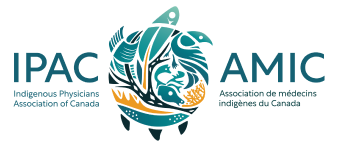Our Vision
Healthy and vibrant Indigenous nations, communities, families and individuals – supported by Indigenous physicians and others who are contributing to the physical, mental, emotional and spiritual well-being of our people and having a positive impact on the social determinants of Indigenous health.
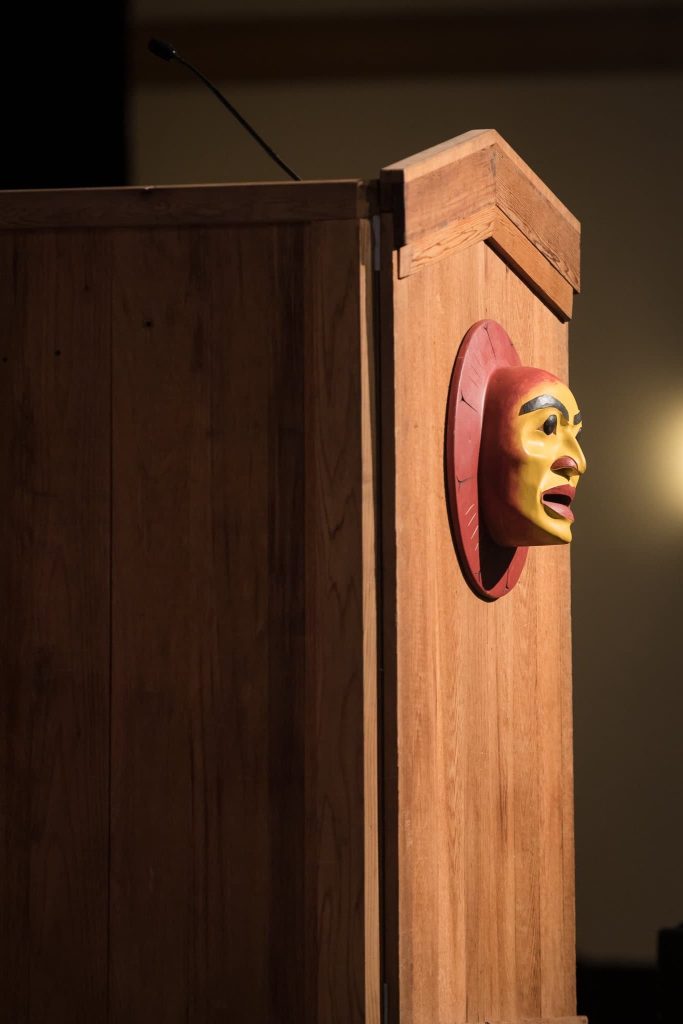
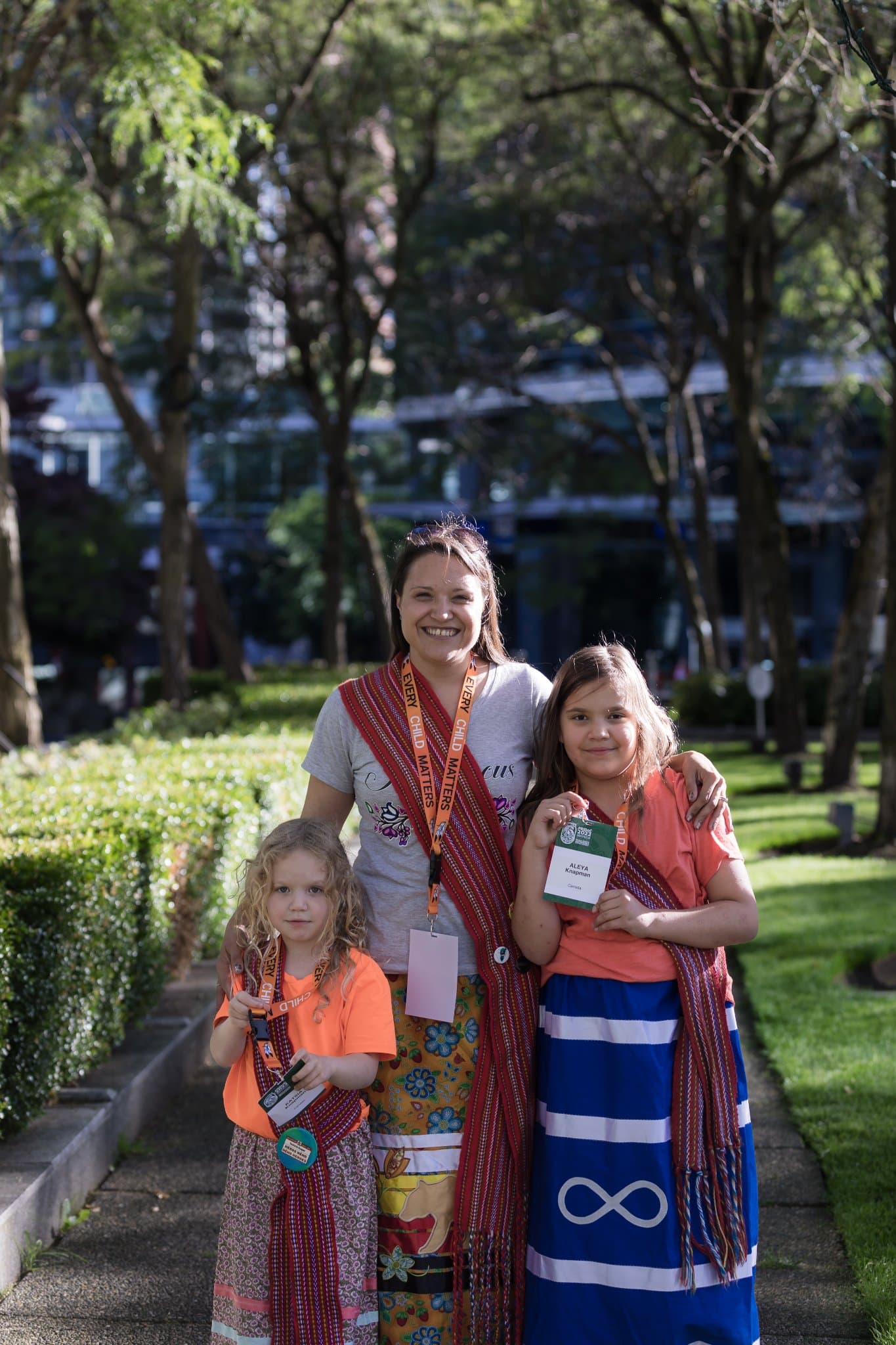
Our Mission
As Indigenous physicians and students who are diversely rooted in our traditional teachings and our respective communities, IPAC members embrace and commit to collaboratively use our skills, abilities and experiences to advance the health of our nations, communities, families and individuals. IPAC provides knowledge for communities, national Indigenous organizations and health care providers; advocates for Indigenous peoples’ health; and acts as a support mechanism for Indigenous physicians and students.
Our Beliefs & Values
IPAC’s beliefs and values originate from communities, our ancestors and the traditional teachings found within our diverse Indigenous cultures. We believe that Indigenous peoples deserve the best health possible. We honour the wholistic view of health (body, mind, spirit and heart) including traditional knowledge and practices. We believe that Indigenous physicians are honoured with positions of trust in the communities and commitment to our responsibilities are reflected in our work.
We value respectful and ethical interactions among all individuals, organizations and groups with whom we work. We hold ourselves to the values and principles that originate from our traditional teachings and we honor the various traditional teachings of all nations across Turtle Island. We guide ourselves, our work and our organization on these teachings through our relationships with each other.
Seven Teachings, commonly held by Anishinaabe, Nehiyaw, and Nakoda peoples:

Love
of people, communities and Indigenous ways of being

Respect
for knowledge, wisdom, communities and each other

Courage
to stand up for our ways of being and the application and integration of Indigeneity in all things we do as an organization

Honesty
among the membership and staff and with the organizations and individuals with whom we work

Wisdom
use of traditional teachings to approach our way of being and with our work

Humility
to know our limitations and to seek guidance when necessary

Truth
to always speak the truth as an organization and to speak the truth to each other
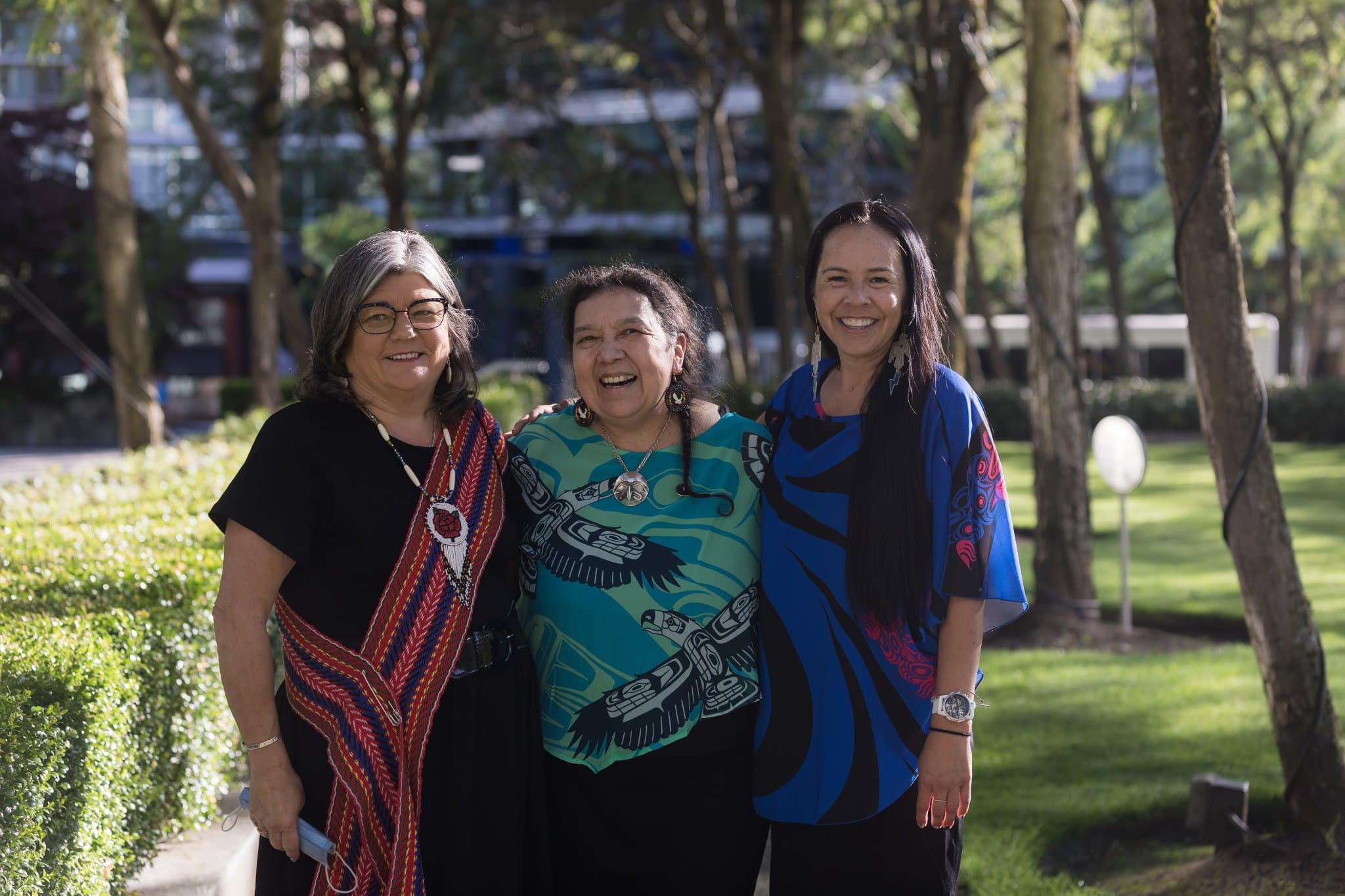
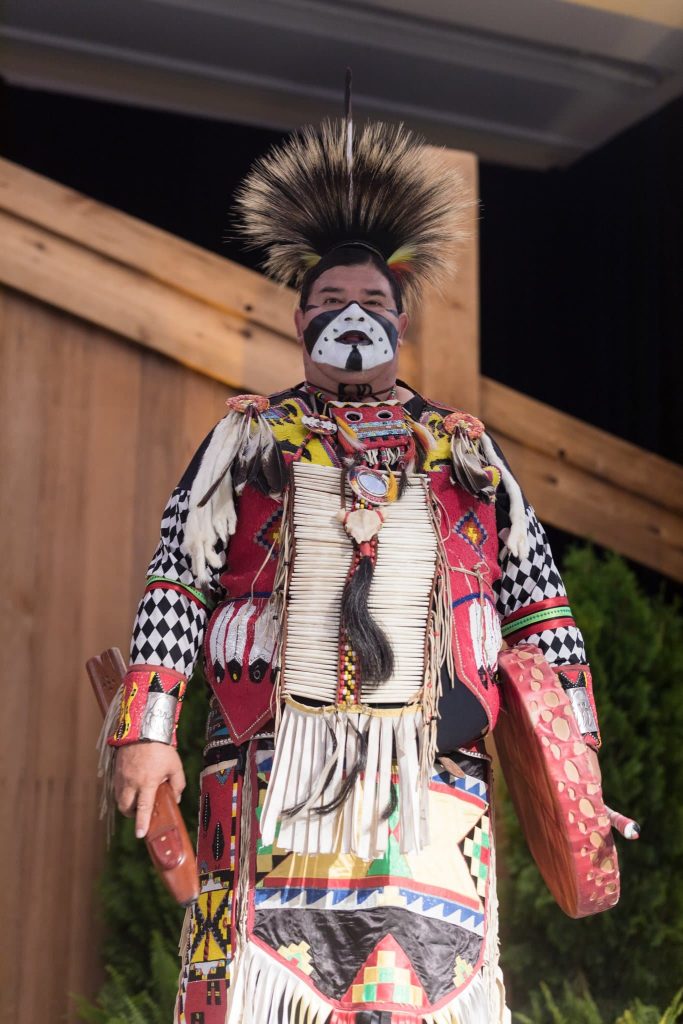
Gayanashagowa
The Haudenosaunee Great Law of Peace
The Great Law of Peace was written and symbolized
through wampum belts alongside the oral stories that
were passed down with it. These stories include the Great Peacemaker Dekanawidah and his spokesman Hiawatha as they journey through the five (now six) Haundenosaunee Nations attempting to end war and unify under one confederacy. Dekanawidah and Hiawatha were successful. There are now several versions of the Great Law of Peace, many of which have been translated into English, which, depending on the version, has 117 articles. An excerpt can be found below:
We uproot the tallest white pine, into the cavity we cast all weapons of war, we replant the tree and with this establish the Great Peace, we declare hostilities shall end between the five nations, and we shall live as a united people.
One version of full text was prepared by Gerald Murphy, the National Public Telecomputing Network and the Constitution Society.

Inuit Qaujimajatuqangit
| Inuuqatigiitsiarniq | Respecting others, relationships and caring for people. |
| Pijitsirniq | Serving and providing for family and/or community. |
| Pilimmaksarniq / Pijariuqsarniq | Development of skills through observation, mentoring, practice, and effort. |
| Piliriqatigiinniq / Ikajuqtigiinniq | Working together for a common cause. |
| Tunnganarniq | Fostering good spirits by being open, welcoming and inclusive. |
| Aajiiqatigiinniq | Decision making through discussion and consensus. |
| Qanuqtuurniq | Being innovative and resourceful. |
| Avatittinnik Kamatsiarniq | Respect and care for the land, animals and the environment. |
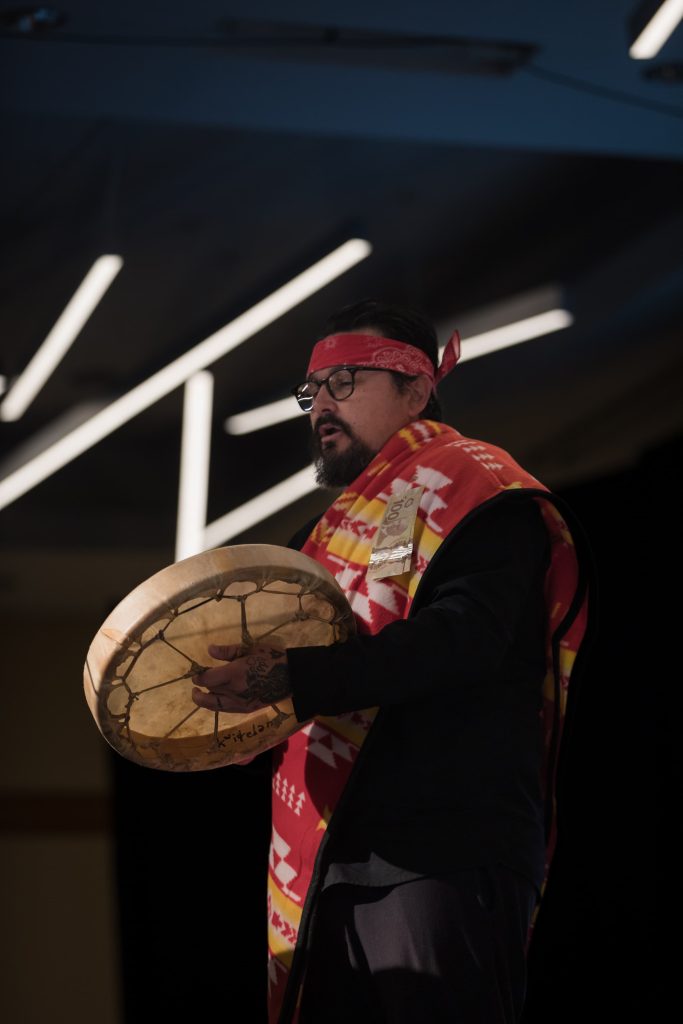
Dene Laws
| Ełeghaets’edendıh | Share what you have |
| Ełets’áts’ęndı | Help each other |
| Ełeghǫnets’etǫ | Love each other as much as possible |
| Ǫhndah gots’edıhchá & godhąh ahsıı azhǫ chu | Be respectful of elders and everything around you |
| T’ahsıı ots’edıhshǫ gogháts’ıɂáh | Pass on the teachings |
| Łáǫlıh t’áh gogha gonezų | Be happy at all times |
| Tedhe ts’ete & dzenę eghálats’ęnda | Sleep at night and work during the day |
| Dene ts’ę nahzų gots’ęh thá t’áh dene ahdahndı ıle | Be polite and don’t argue with anyone |
| Ts’élıą gots’ęh denelıą ełegedıhchá gha góɂǫ | Young girls and boys should behave respectfully |
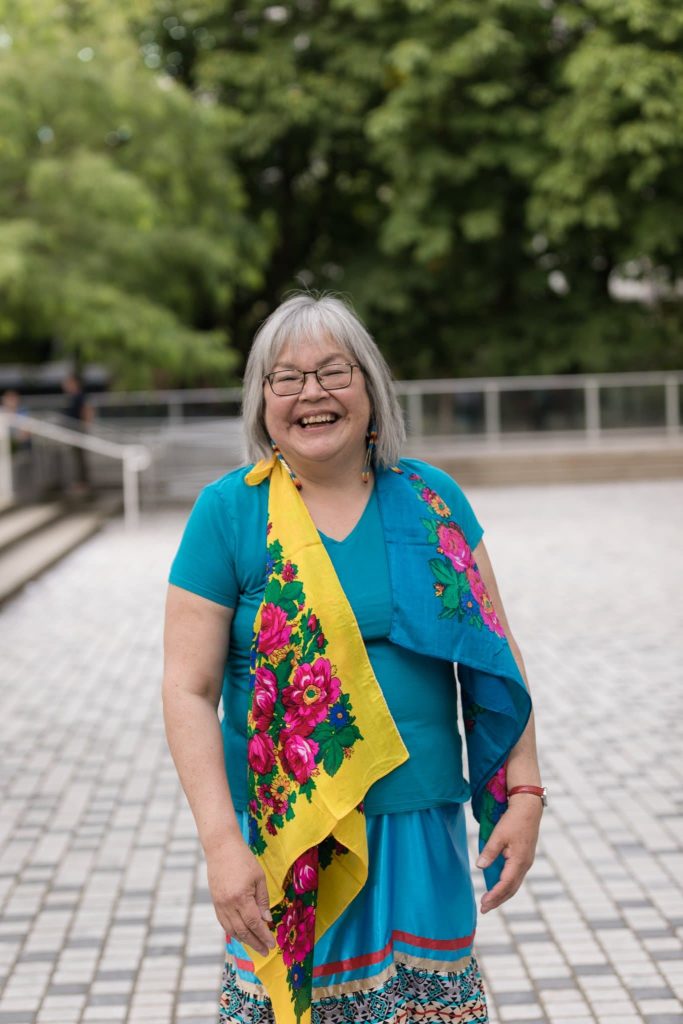
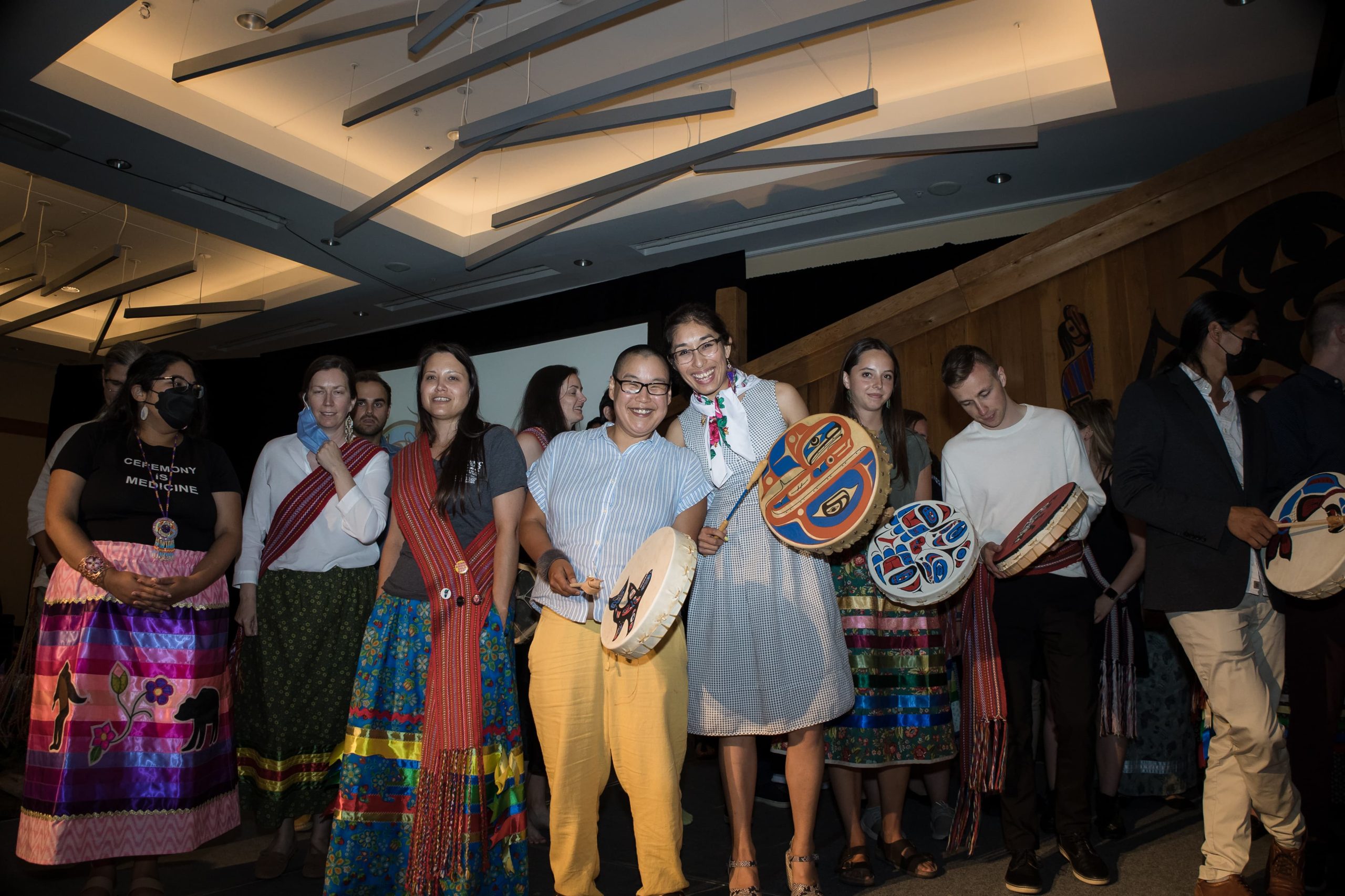

Our Mandate
IPAC derives its authority from the teachings of our ancestors, from the legitimacy of the history of our experiences, and from our communities and peoples. As an organization of contemporary medicine people, IPAC recognizes the health inequities of Indigenous people and communities who look to us for leadership and knowledge. We believe it is our responsibility and right to come together to help improve other Indigenous peoples’ physical, mental, emotional and spiritual health and to impact the determinants of Indigenous health.
Our Operating Principles
The following principles guide us; they become the lenses through which all IPAC activities are considered and implemented:
- Indigeneity is maintained and respected throughout all IPAC activities
- IPAC is well funded to conduct its business successfully
- IPAC’s staff, board members, and members work together in a healthy team environment of wholistic wellness
- IPAC members are actively engaged in IPAC activities
- IPAC conducts all activities within its mandate and within its capacity to ensure focus and momentum
Our Strategic Priorities
- Advance the health of Indigenous lands including its’ nations, communities, and individuals.
- Support current and future Indigenous physicians, residents and medical students.
- Strengthen the Association and build relationships.
